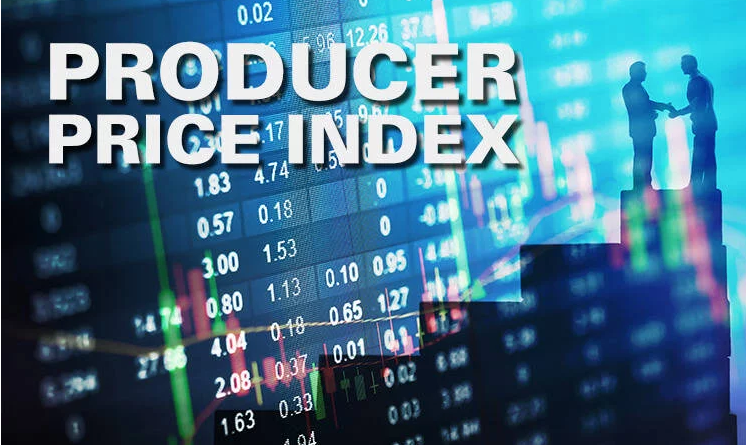PPI up 3.5% in December 2019
KUALA LUMPUR: The Producer Price Index (PPI) for local production rose 3.5% in December 2019 to 107.4 from 103.8 in the same month a year ago, its highest growth since November 2017.
This was driven by an increase in almost all indices except water supply, according to Department of Statistics Malaysia.
Its chief statistician Datuk Seri Dr Mohd Uzir Mahidin said the indices for agriculture, forestry and fishing and mining recorded double-digit increase of 21.9% and 19.3% respectively, followed by electricity and gas supply (up 1.2%) and manufacturing (up 0.5%).
Conversely, the index of water supply decreased 2.9%
On a monthly basis, the PPI for local production rose 0.8% in December, compared with 1.3% in November, backed by growth in agriculture, forestry and fishing (2.6%), mining (2.1%), electricity and gas supply (0.7%) and manufacturing (0.6%). The water supply index was unchanged.
“PPI local production for the fourth quarter 2019 increased 0.6% to 106.3 as compared to 105.7 in the same quarter of the previous year. The increased was contributed by agriculture, forestry and fishing (14.1%), electricity & gas supply (1.0%) and mining (0.8%) indices.
“Meanwhile, the index of water supply and manufacturing recorded a decrease of 2.3% and 0.5% respectively,” the department said.
On a quarterly basis, the PPI for local production rose 1.4% as compared to the third quarter of 2019. However, for the full year of 2019, the PPI fell 1.4% compared with a year ago.
MIDF Research observed that the PPI rose in December as most of the key economies’ producer inflation improved on the back of increasing global oil prices.
It noted that the average price of Brent crude oil increased by 15.8% year-on-year in December, the first positive gain recorded in a year.
“For 2020, we foresee producer prices to rebound to inflation of 2.9% amid lower base effect. Based on the latest development, the targeted fuel subsidy which was scheduled to begin in January 2020 has been postponed but fuel cost will inch higher this year as price was floated to the market in the first two months of 2019 before being capped.
“In addition, increasing costs from the food and utilities components moving forward would contribute to the overall inflationary pressure,” it said.
Source: TheEdgeMarkets

